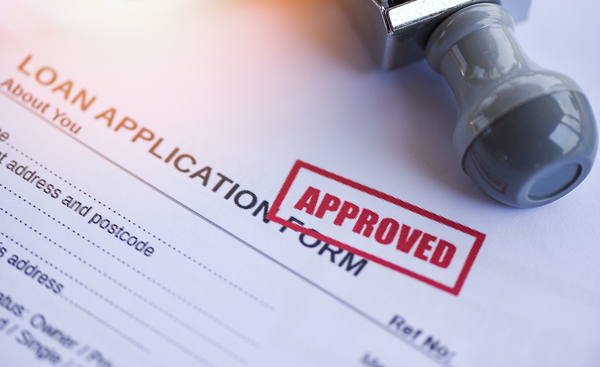View Sale Announcement Detail


Archived news
EXCERPT: Certain consumers are overleveraged on their auto loans, mimicking the situation that triggered the housing crisis over a decade ago, albeit on a much smaller scale. This can lead to delinquencies, which paints a bad picture for both consumers and their lenders.
 An increasing number of consumers are getting in over their heads with car loans that they cannot afford.
An increasing number of consumers are getting in over their heads with car loans that they cannot afford.
It's a familiar picture we've seen not long ago: borrowers overleveraging themselves to make large purchases that ultimately results in trouble handling the debt load. It happened in 2007-2008 during the housing crisis when homebuyers took out hefty loans to pay for homes they ultimately could not afford or took out home equity loans to finance a lifestyle beyond their means. And today, we're seeing - on a smaller scale - a similar situation whereby car buyers are committing to auto loan payments they cannot afford.
Such a scenario of overleveraging can be a dangerous thing, leaving borrowers walking on a financial tightrope that can give way at a moment's notice. This puts borrowers in a position of loan default while simultaneously leaving their lenders with auto loan delinquencies and charge-offs to deal with. And the situation is on the rise.
Consumers are increasingly faced with rising prices for automobiles and are heavily reliant on loan programs to help them make such large purchases. But some borrowers and dealerships are artificially boosting income amounts on loan application forms in an effort to seal a deal that would be otherwise impossible.
False Income Information on Loan Applications Puts Borrowers and Lenders At Risk
While sometimes borrowers fib on their loan applications about how much they earn every month, it's the dealerships themselves that are doing the lying in some cases. According to many consumer lawyers, some dealerships are inflating the incomes of their customers themselves in order to make sure a deal goes through, and it's apparently a growing issue.
And while certain safeguards are typically in place to help flag these falsehoods, some big lenders have scaled back on such protections, leaving them vulnerable to being stuck with future delinquent loan assets. Some subprime lenders often don't check pertinent financial documents that would prove a borrower's income, such as W-2s or pay stubs. In fact, it's estimated that auto lenders only verified income on as little as seven percent of their loans over the past couple of years.
 Many auto loan applications are being approved despite false information regarding borrower income.
Many auto loan applications are being approved despite false information regarding borrower income.
The situation has become so significant that some dealerships and lenders have already been sued over these matters by both federal and state authorities.
According to the Federal Reserve Bank of New York, American consumers held a whopping $1.3 trillion in auto loan debt by the end of the third quarter in 2019, the second-highest quarterly amount recorded.
Borrowers wind up with damaged credit that can leave them working for years to repair, and lenders get stuck with delinquent assets that comprise their loan portfolios. It's a lose-lose situation.
Financial Institutions Urged to Pay Attention to Loans Purchased
In an effort to protect their loan portfolios against being overridden by delinquent loan assets such as those described, banks and credit unions must be wary of the loans they buy. Verifying income is a tried and true way to mitigate loss and should not be neglected. If delinquent auto loan assets do manage to make it onto the books, banks and credit unions also have the option to sell them to avoid the costs of repossession, and Garnet Capital can help with that.
Browse white papers today to learn more.

